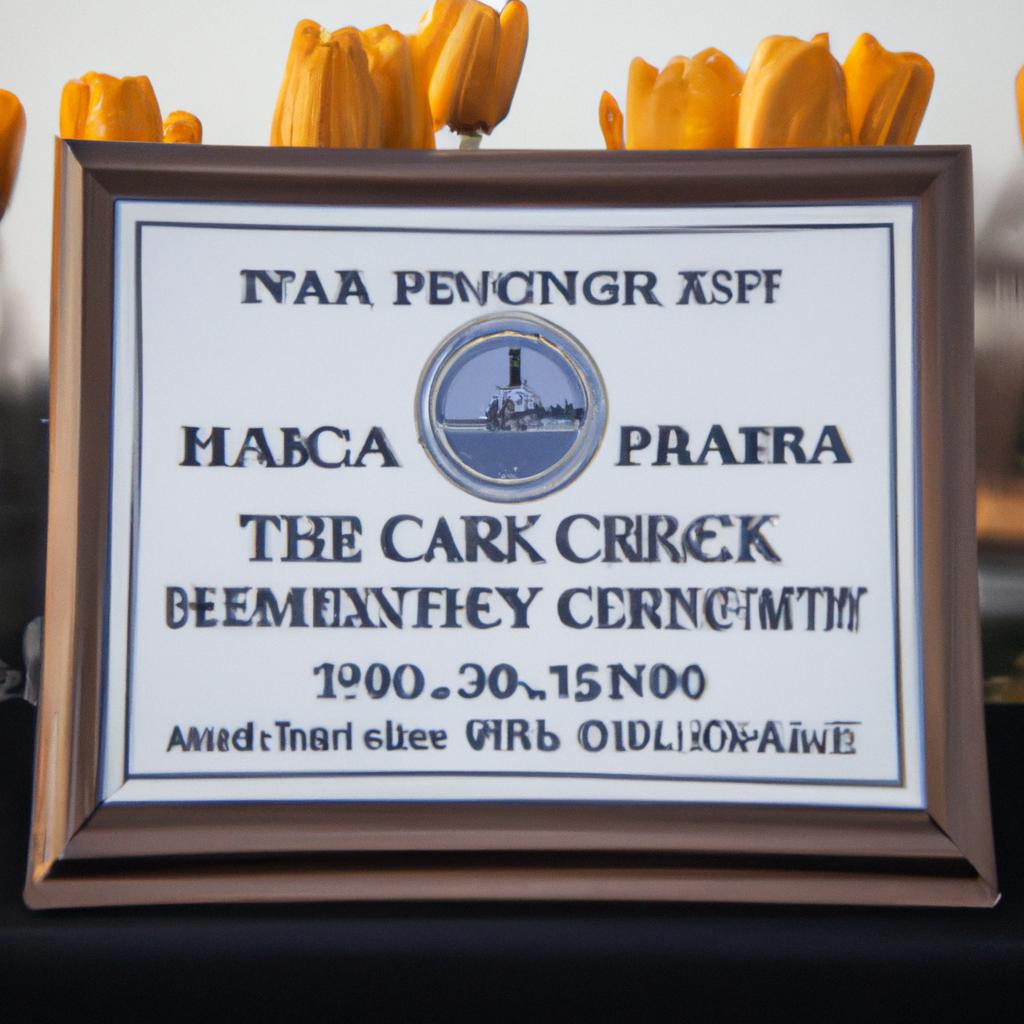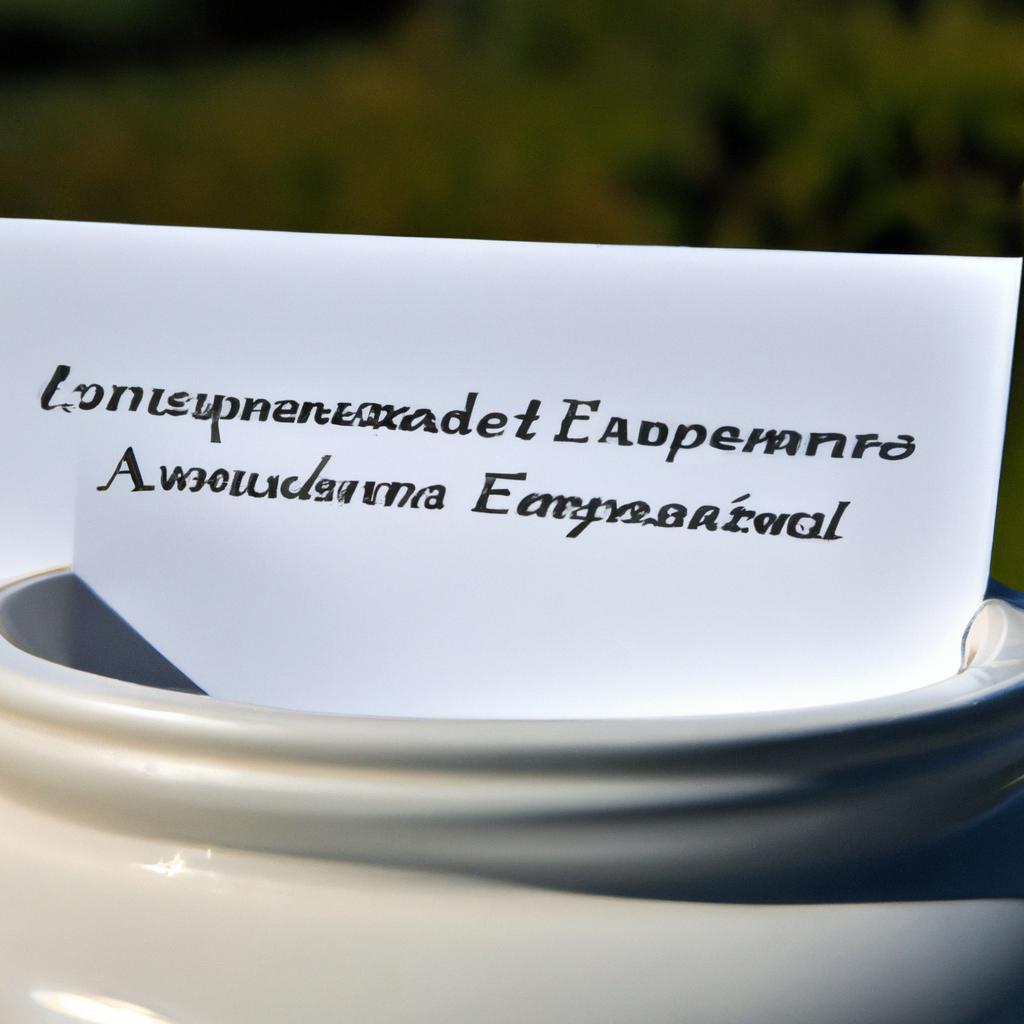In the intricate web of end-of-life arrangements, one question that often arises is the cost of cremation. As experienced legal professionals at the Morgan Legal Group in the bustling metropolis of New York City, we understand the importance of clear and concise information when it comes to navigating the complexities of estate planning and final arrangements. In this article, we aim to shed light on the variables that influence the cost of cremation, providing you with the insight you need to make informed decisions for yourself or your loved ones.
Factors influencing the cost of cremation services
Factors that can influence the cost of cremation services can vary depending on several key elements. One of the primary factors that can impact the cost is the location where the cremation services are being provided. Urban areas tend to have higher costs due to higher operating expenses, while rural areas may offer more affordable options.
Another factor to consider is the type of cremation service being chosen. Direct cremation, where the body is cremated shortly after death without a funeral service, is typically the most cost-effective option. On the other hand, a full funeral service followed by cremation can increase the overall cost significantly. Other factors that can influence the cost include additional services such as embalming, transportation, urn selection, and memorial services. It is important to carefully consider these factors and consult with professionals in the field to determine the best option for your specific needs.
| Factors | Impact on Cost |
|---|---|
| Location | Higher in urban areas |
| Type of service | Direct cremation is cost-effective |
| Additional services | Embalming, transportation, urn selection, and memorial services can increase costs |

Comparing prices of cremation packages in the New York City area
When it comes to saying goodbye to a loved one, the cost of cremation can play a significant role in the decision-making process. In the New York City area, the prices of cremation packages can vary widely depending on the provider and the services included. It is essential to compare prices to ensure you are getting the best value for your money.
**Here are some factors to consider when :**
-
The type of cremation service offered.
-
Additional fees for transportation and paperwork.
-
The reputation and experience of the cremation provider.
By doing your research and comparing prices, you can make an informed decision that honors your loved one’s memory while staying within your budget.

Understanding the additional expenses associated with cremation
When considering cremation as an option, it is essential to understand the various additional expenses that may arise. While the basic cost of cremation typically includes the cremation process itself, there are several other factors to consider that could impact the total cost:
- Urn: Depending on the type and material, urns can range from simple to ornate, affecting the overall cost.
- Memorial service: Hosting a memorial service or celebration of life event can add to the final expense.
- Transportation: If the deceased needs to be transported to the crematorium or a different location, transportation costs may apply.
Moreover, additional services such as embalming, obituary notices, and death certificates can also contribute to the overall cost of cremation. It is crucial to carefully consider all these factors when planning for cremation to ensure that the budget aligns with the desired arrangements.
| Expense | Estimated Cost |
|---|---|
| Simple Urn | $50 |
| Memorial Service | $500-$2,000 |
| Transportation | $200-$500 |

Recommendations for cost-effective cremation planning
When it comes to planning for cremation services, it is essential to consider cost-effective options that align with your budget. One recommendation is to compare prices from different funeral homes to find the most affordable option. Additionally, choosing direct cremation can help minimize costs as it excludes traditional funeral services.
Another cost-effective option is to pre-plan your cremation services to lock in current prices and avoid potential price increases in the future. It is also beneficial to discuss your wishes with your loved ones to ensure they are aware of your preferences and can make informed decisions when the time comes. By taking these steps, you can alleviate financial burdens and make the cremation planning process more manageable.
Q&A
Q: How much does cremation typically cost?
A: The cost of cremation can vary depending on several factors such as location, the funeral home chosen, and any additional services or products selected.
Q: What are some of the factors that can affect the cost of cremation?
A: The cost of cremation can be impacted by the type of cremation chosen (direct cremation vs traditional cremation), urn selection, memorial services, transportation fees, and any customization or special requests.
Q: Are there any additional fees or hidden costs to watch out for?
A: It’s important to inquire about any additional fees that may not be included in a basic cremation package, such as fees for death certificates, permits, or additional services beyond the cremation itself.
Q: Can I pre-plan and pre-pay for cremation services to lock in a price?
A: Yes, many funeral homes offer pre-planning services that allow individuals to pre-pay for cremation services at today’s rates to ensure that costs are locked in and to alleviate financial stress on loved ones in the future.
Q: Are there any financial assistance options available for those who may need help covering the cost of cremation?
A: Some states or local governments offer assistance programs for those who need help with cremation costs, and there are also nonprofit organizations that may provide financial assistance or support with funeral expenses. It’s important to research and inquire about options available in your area.
In Summary
In conclusion, the cost of cremation can vary greatly depending on a variety of factors such as location, services, and additional requests. It is important to thoroughly research and compare options to ensure you are making the best decision for you and your loved one. While the cost may be a significant factor, the most important thing is to provide a meaningful and respectful farewell for the departed. Ultimately, the value of the service is immeasurable as it provides closure and honors the life that was lived. Thank you for reading and considering the financial aspect of this important decision.
 Are you considering cremation as an option for you or a loved one? Perhaps you have recently lost a loved one and are now faced with making end-of-life decisions. Whatever your situation may be, one question that may come to mind is: how much does cremation cost? In this article, we will explore the topic of cremation costs and provide valuable information to help you make an informed decision. We will also delve into the benefits and practical tips of choosing cremation as well as share some first-hand experiences and case studies. So, let’s get started!
Are you considering cremation as an option for you or a loved one? Perhaps you have recently lost a loved one and are now faced with making end-of-life decisions. Whatever your situation may be, one question that may come to mind is: how much does cremation cost? In this article, we will explore the topic of cremation costs and provide valuable information to help you make an informed decision. We will also delve into the benefits and practical tips of choosing cremation as well as share some first-hand experiences and case studies. So, let’s get started!
Cremation is an increasingly popular choice for many people and their families due to its affordability and simplicity. It involves the process of reducing the body to ashes through high heat and vaporization. These ashes, also known as cremains, are then placed in a container or urn and can be kept at home, scattered in a special location, or buried in a cemetery.
Now, let’s dive into the topic of cremation costs. It is worth noting that the cost of cremation can vary significantly depending on various factors such as the location, the type of funeral service chosen, and additional services and products selected. Generally, cremation costs can range from $500 to $3,000. While this may seem like a wide range, there are ways to manage the costs and ensure that you are making the best choice for your budget.
To better understand the costs associated with cremation, let’s break them down into different categories: basic cremation, funeral service-related costs, and additional expenses.
Basic cremation, also known as direct cremation, is the most affordable option and typically includes the necessary services and facilities for the cremation process. This can include transportation of the body to the crematory, preparation of the body, and the cremation container. The average cost of basic cremation is around $1,000-$2,000.
When opting for a funeral service in addition to cremation, there may be additional costs to consider such as embalming, casket/urn purchase or rental, viewing and visitation, and a funeral or memorial service. These costs can vary greatly depending on your location, the funeral home, and the specific services and products chosen. On average, a traditional funeral service with cremation can cost around $5,000 or more.
Additional expenses may include the cost of death certificates, obituary notices, and transportation of the ashes to their final resting place. If you choose to scatter the ashes in a special location, you may also need to cover travel costs. These expenses can add up quickly, so it is worth discussing them with your funeral service provider beforehand to get a clear understanding of the total cost.
While the cost of cremation may seem overwhelming at first, there are ways to manage and reduce these costs. One option is to pre-plan and pre-pay for cremation services. This allows you to lock in current prices and relieve your loved ones from making these decisions and bearing the financial burden in the future. Another option is to consider cremation societies or low-cost cremation providers, which offer basic cremation services at a lower cost.
Now that we have covered the costs, let’s explore some of the benefits associated with choosing cremation. One of the main benefits is its affordability. Cremation is generally cheaper than a traditional burial, which involves embalming, casket purchase, and cemetery expenses. Additionally, cremation offers flexibility in terms of the final resting place. The ashes can be kept at home, scattered in a meaningful location, or buried in a cemetery. This allows families to personalize the final farewell in a way that best reflects their loved one’s wishes and personality.
Moreover, cremation is also more environmentally friendly compared to traditional burial. It does not require the use of embalming fluids and does not take up land for a burial plot. This can be a comforting factor for those who are conscious of their environmental impact.
Now, let’s hear from some individuals who have had firsthand experience with choosing cremation for their loved ones. Anna, a 32-year-old woman from Texas, shares her experience of choosing cremation for her father. “It was my father’s wish to be cremated, and it was the most affordable option for our family. We were able to honor his wishes and give him a beautiful farewell while also managing the costs.”
Similarly, John, a 45-year-old man from California, shares his experience of choosing cremation for his mother. “My mother was a nature lover, and we scattered her ashes in her favorite hiking spot. It was a meaningful and special way to say goodbye to her, and it cost us significantly less than a traditional burial would have.”
In conclusion, the cost of cremation can vary depending on various factors, but it generally ranges from $500 to $3,000. By understanding the different elements that contribute to the cost and exploring options such as pre-planning, families can manage and reduce these expenses. Cremation offers affordability, flexibility, and environmental friendliness, making it a popular choice for many individuals and their families. Hopefully, this article has provided valuable information and insights to help you make an informed decision about cremation. Remember, the most important aspect is honoring your loved one’s wishes and saying goodbye in a way that is meaningful to you and your family.

